
Should kids act to stop bullying, or should they leave it up to adults?
- Subject:
- English Language Arts
- Material Type:
- Homework/Assignment
- Author:
- Kristin Robinson
- Date Added:
- 01/03/2020

Should kids act to stop bullying, or should they leave it up to adults?
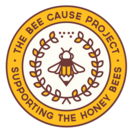
Our mission is to inspire the next generation of environmental stewards while protecting our planet's most precious pollinators. The resources we have provided are designed to engage students through observation-based and hands-on learning with a little help from our tiny friends -- the bees! This unit of study has ample resources including teacher guides, video links, material lists, background information, standards mapping, and engaging work for students.

The Fifth Grade Elementary Framework for Science and Integrated Subjects,Earth and Space: Patterns in the Sky, uses the phenomena of perceived sun and moon movements that seem to move around the Earth to explore stars, Earth orbit and rotation and moon orbit around Earth. It is part of Elementary Framework for Science and Integrated Subjects project, a statewide Clime Time collaboration among ESD 123, ESD 105, North Central ESD, and the Office of Superintendent of Public Instruction. Development of the resources is in response to a need for research- based science lessons for elementary teachers that are integrated with English language arts, mathematics and other subjects such as social studies. The template for Elementary Science and Integrated Subjects can serve as an organized, coherent and research-based roadmap for teachers in the development of their own NGSS aligned science lessons. Lessons can also be useful for classrooms that have no adopted curriculum as well as to serve as enhancements for current science curriculum. The EFSIS project brings together grade level teams of teachers to develop lessons or suites of lessons that are 1) pnenomena based, focused on grade level Performance Expectations, and 2) leverage ELA and Mathematics Washington State Learning Standards.
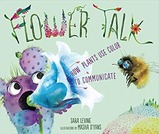
Want to know a secret? Flowers actually ‘talk’ to animals! This beautifully written and illustrated informational text is a delightful way to introduce the symbiotic relationship between plants and pollinators. Full of interesting facts and told from the perspective of a “prickly” cactus, this book will enlighten and entertain your audience.Grade Level: 2nd-5th Lexile Level: 570L Guided Reading Level: Q Genre: Informational Text
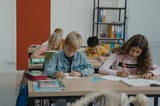
Students will be introduced to annotation and practice whole group, small group, and individually using a close read passage.
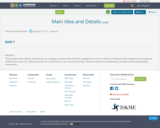
This module is intended for students who are working to acquire their GED. The reading level is Level C which is 4-5th grade with a high interest reading for students who enjoy cars. This is intended for a class lesson or one on one instruction. There are interactive, independent, reading, writing and speaking components.

Find out some fun and unusual facts about penguins in this short and interesting article.

The Washington Office of Superintendent of Public Instruction is releasing this model tool for screening for biased content to Washington districts in the hope that it will provide suggestions and examples for review teams during the instructional materials selection and adoption process.
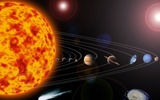
In this lesson, students will hone their investigative skills and form an opinion based on the credible evidence that they uncover. After learning about the decision to deem Pluto a "dwarf planet," students will have time for individual investigation. After using their background knowledge to choose credible sources, they will analyze the information they gather to form their own opinion, which they will support in a video response to a prompt on Flipgrid.